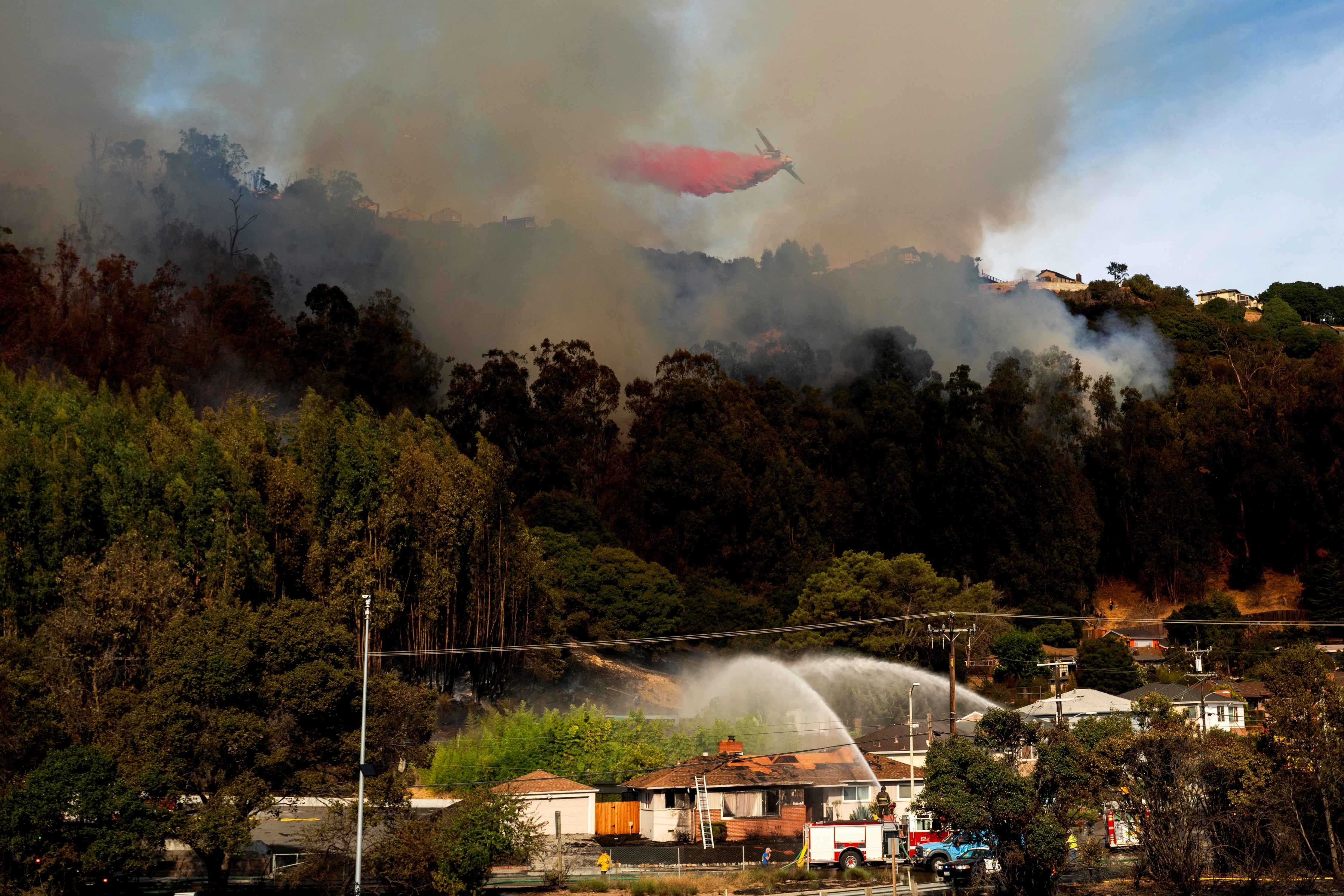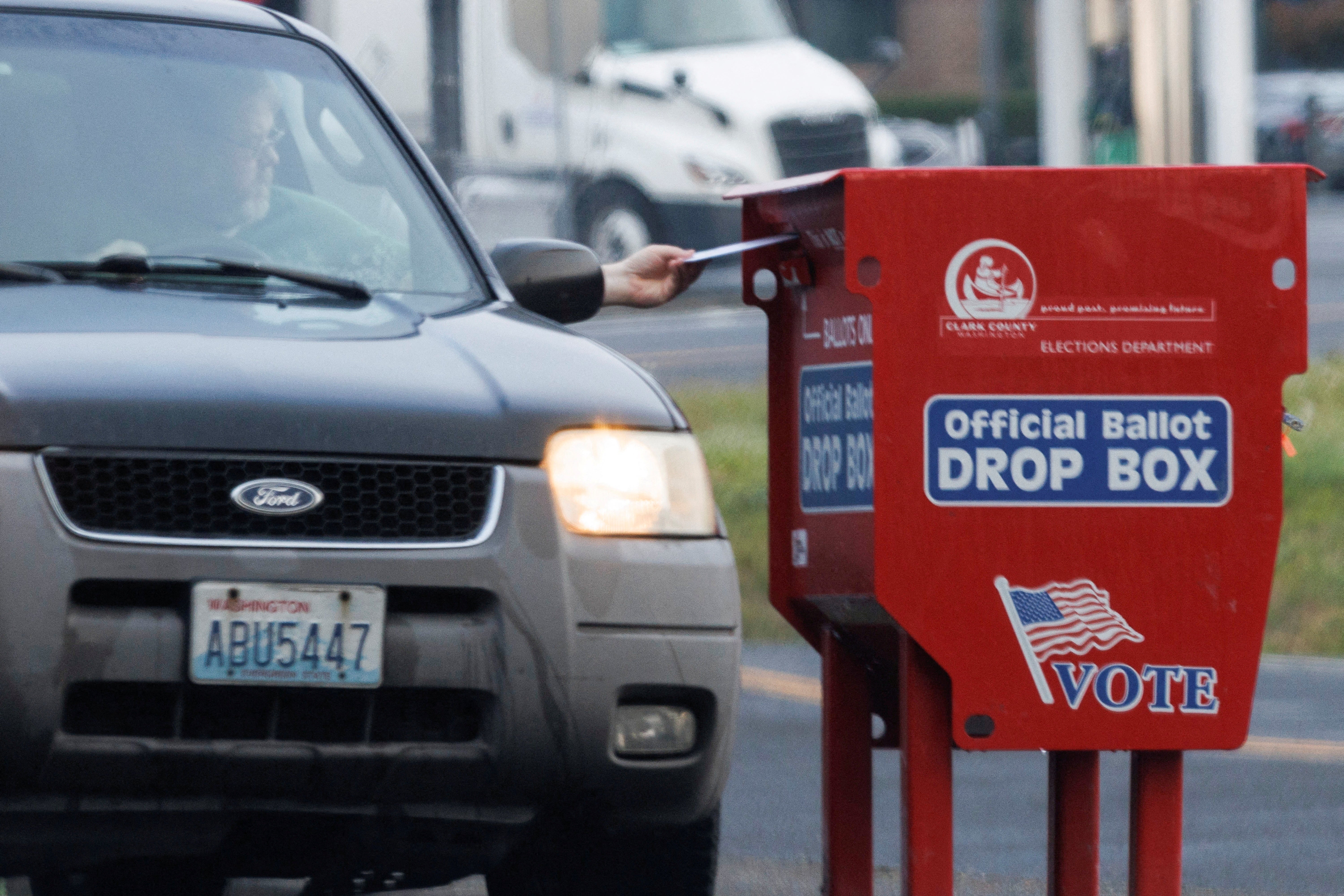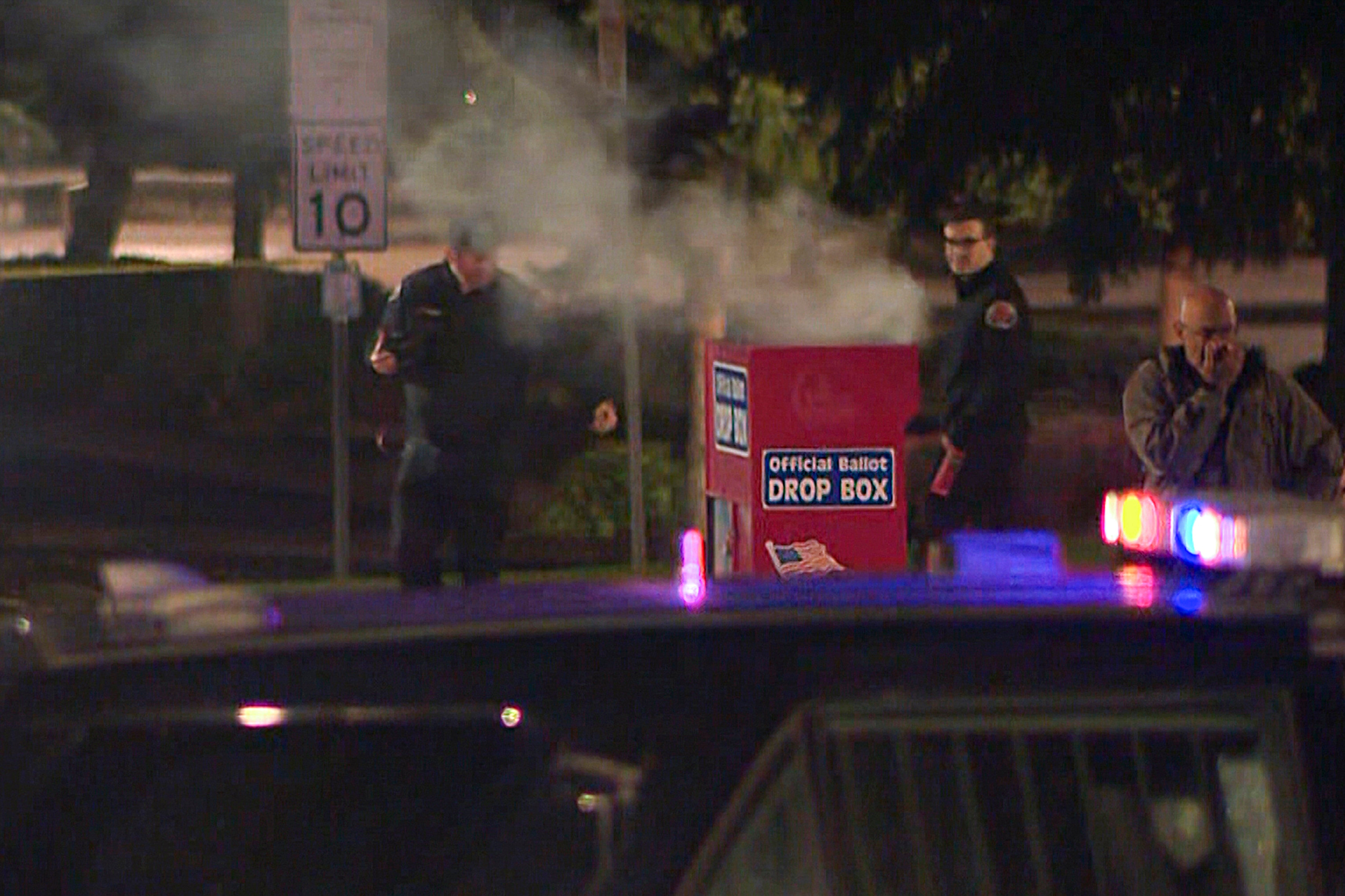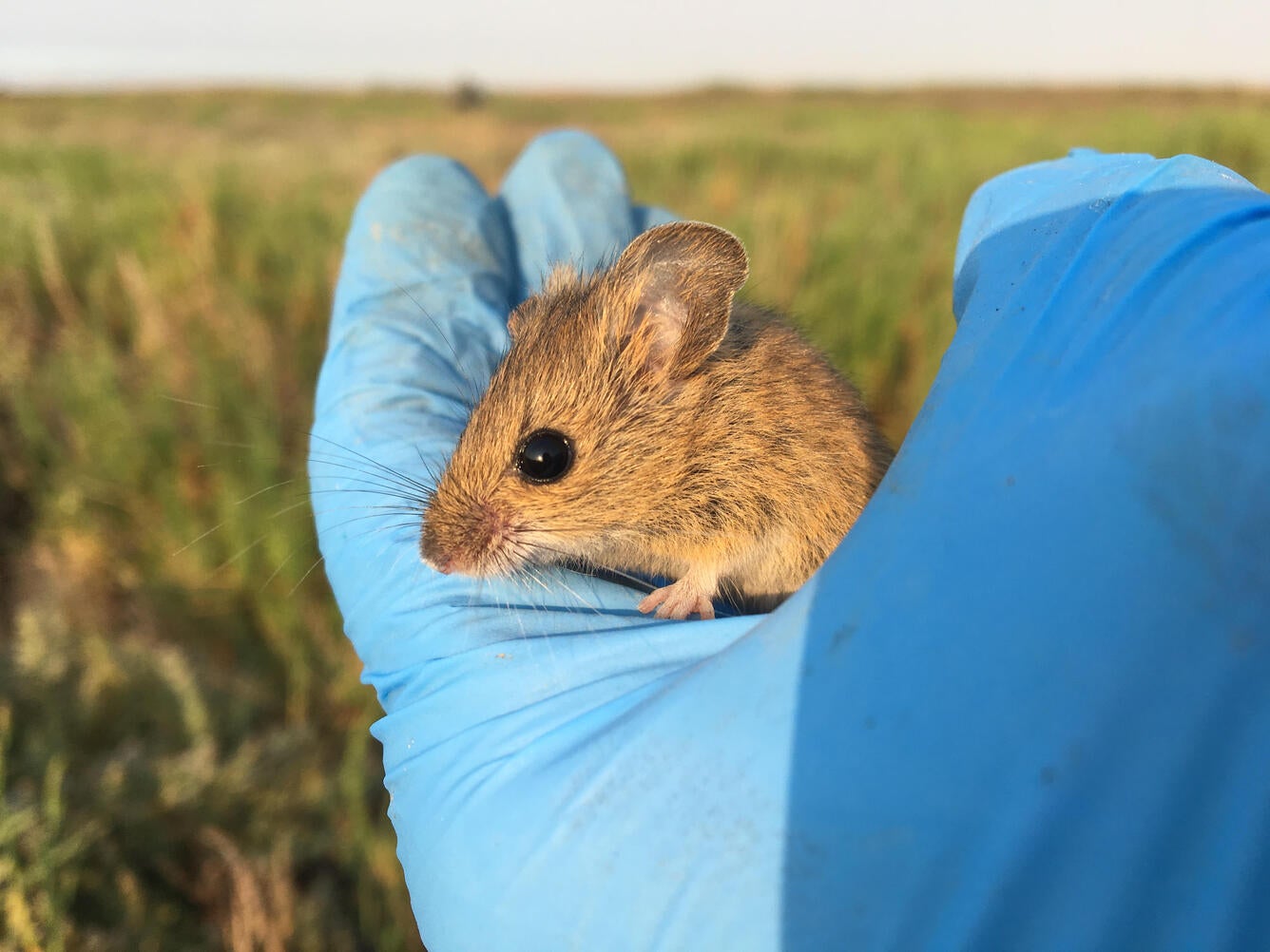The climate issues at the forefront of this year’s election
West Coast voters’ decisions on climate measures could have national implications down the line
Your support helps us to tell the story
From reproductive rights to climate change to Big Tech, The Independent is on the ground when the story is developing. Whether it's investigating the financials of Elon Musk's pro-Trump PAC or producing our latest documentary, 'The A Word', which shines a light on the American women fighting for reproductive rights, we know how important it is to parse out the facts from the messaging.
At such a critical moment in US history, we need reporters on the ground. Your donation allows us to keep sending journalists to speak to both sides of the story.
The Independent is trusted by Americans across the entire political spectrum. And unlike many other quality news outlets, we choose not to lock Americans out of our reporting and analysis with paywalls. We believe quality journalism should be available to everyone, paid for by those who can afford it.
Your support makes all the difference.While this year’s presidential election may not have as much of a focus on climate change as many wish it would, voters can still make a difference when they head to the polls.
Across the US, there are 159 statewide ballot measures in 41 states, according to Ballotpedia. Only a handful of those deal with environmental issues and just a couple are specifically related to climate change.
Unsurprisingly, these measures are on the ballot in states threatened this year by extreme climate events. Earth had its hottest summer on record, bringing historic temperatures across multiple regions.

Washington state and California have continued to feel the heat through October, and dry and windy conditions in the West have sparked additional wildfires less than a week before Election Day.
Washington, which is governed by Jay Inslee, a supporter of climate initiatives, will decide whether or not it will repeal the “Climate Commitment Act.” Inslee signed the law in 2021, which required the state’s largest polluters to reduce planet-warming greenhouse gas emissions.
It went into effect in 2023, raising billions for protections for climate and Tribal programs. The groundbreaking legislation will play a key role in reducing emissions by 45 per cent by 2030.

One of the most progressive climate policies ever passed a state legislature, its fate could have national implications, and other local officials will likely have to consider similar policy to meet future climate targets.
While conservatives have said it has raised energy costs in the state, a recent KING 5 poll showed the majority of respondents won’t vote to repeal the act.
Voter turnout in Washington is lagging this year, according to The Seattle Times. Voting started in the state on October 18. On Wednesday, local officials in two counties said the US Postal Service had failed to deliver mail-in ballots in Whitman County.

Hundreds of ballots in a box in Vancouver, Washington, were damaged or destroyed when a ballot box was set on fire on Monday. The box’s fire suppression system didn’t work as intended. Six of the ballots were unidentifiable and the exact number of destroyed ballots remains unknown, although it’s unlikely to make or break the climate measure.
California was also burning this week, after wildfires sparked in San Diego on Thursday. The fires minorly damaged some residential properties, according to CBS 8.
Voters in the Golden State are deciding on the fate of Proposition 4, which is also known as the “climate bond.”
Governor Gavin Newsom signed a bill in July seeking voters’ approval to authorize $10bn in bonds for clean water, wildfire prevention, and climate resiliency. Now, Newsom and other environmental advocates have been pushing to spend more toward climate impacts as threats increase in severity.

Opponents say bonds are the most expensive way to pay for these projects and that the state should find other ways to finance such initiatives. Repaying the money could cost $400m a year over 40 years.
Over the past decade, the state has spent about $13bn annually on natural resources and climate activities, according to a legislative analysis. Proponents say the measure would save money in the long term.
The measure would allocate nearly $2bn of those bonds toward making drinking water improvements, $1.2bn toward wildfire prevention, and the same amount for land conservation and habitat restoration.
Another $1.2bn would pay to restore coastal areas and protect them from sea level rise, as well as improving marine habitats. That money could help to protect the endangered salt marsh harvest mouse. A whopping 90 per cent of the mouse’s habitat is gone due to rising sea levels.
With reporting from The Associated Press

Join our commenting forum
Join thought-provoking conversations, follow other Independent readers and see their replies
Comments